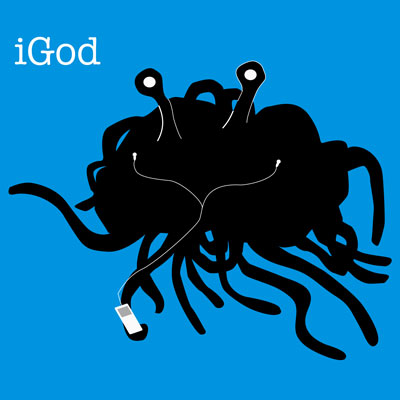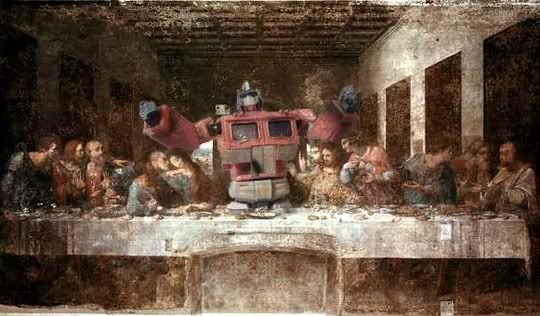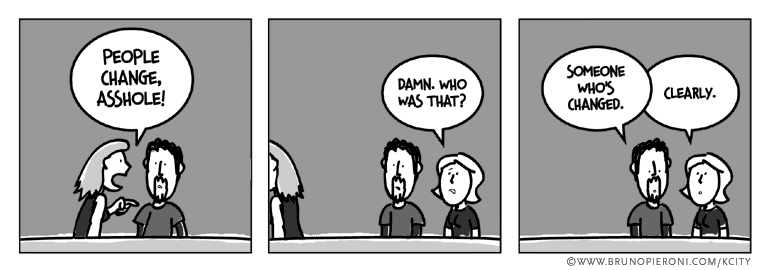- Thread starter
- #21
lifterdead
Mecca V.I.P.
VIP
- Joined
- Sep 23, 2006
- Messages
- 1,645
- Points
- 38
Pah! Where is the controversy in this thread? The vicious attacks?
Fuck you.Pah! Where is the controversy in this thread? The vicious attacks?










I still have fond memories of the evolution thread.
Its kind of weird you arguing like this BigBen, last time we were on this subject you were a staunch believer in God and all his workings.

Hmmm.....
Anything controversial that I missed?
How about abortion?
I just read a book that basically asserts that abortion has led to most of the dramatic reductions of inner-city crime that used to plague America. We aborted a generation of criminals!
I do not think scientific idealism is appropriate. The attitude of scientific idealism appears to be as dogmatic with an imperfect theory as its basis as the religious are with epistemology. You realize that discovery through observation, science, seems like the most appropriate theory for knowledge to create description of space and time only b/c of the understanding we have at this time. What you appear to not address, neurological relativism, the idea that we are co-creators of reality through our nervous systems and that what is observed through our nervous system is the only reality we are able to acknowledge.
Scientific method is heavily influenced by Aristotelian logic which gives us the idea that 'A' and 'not A' cannot exist at the same time. Physics and quantum physics tell us that any measurement we make is only relevant to the tools we use to make the measurement and the place we make it. Quantum mechanics also become inaccurate when they do not include the observer. Furthermore with quantum mechanics we move into the idea that 'A' and 'not A' can exist at the same time and that the observer is the relevant factor in the matter. Which brings us to the point that reality and thus potential knowledge is only attainable through what we can observe. Our observations change as our nervous systems change. Although that idea is 'new' in the western mind it is over 2500 years old in the eastern mind.
The idea of objective knowledge is not possible because we cannot ignore the influence of the tool through which the observations are made, humans and our nervous systems. At this point all we can do is rely on statistical probability that when we make observations we are assuming that we are observing 'correctly' and that when we translate the observation into language we do so in a meaningful way. With the rise of postmodernism and quantum mechanics came the death of universal truth and the rise of relevant truths.
This brings us to relevant realism which is the process by which a person acknowledges the possibility that the reason anything resembling an objective reality exists is b/c humans are able to observe and communicate and interact with reality, or what we have labeled reality, and other humans due to the similarities we all share in mind and body. By acknowledging this we acknowledge that we are all the same species of animal and have similar enough nervous system with which we observe reality. Through the nervous system, observation, language and communication we create the assumption that reality must be the same but that we all experience it slightly differently due to our individual interpretation of it. We strengthen this assumption by reinforcing realities existence when other species interact with reality in a way we have deemed possible.
According to fractal theory knowledge has approached the point that it doubles every 18 months, this rate will increase.
The idea that what we believe currently appears objectively correct seems misguided and idealistic to me. Although so does the idea of God in any manner consistent with organized religion.